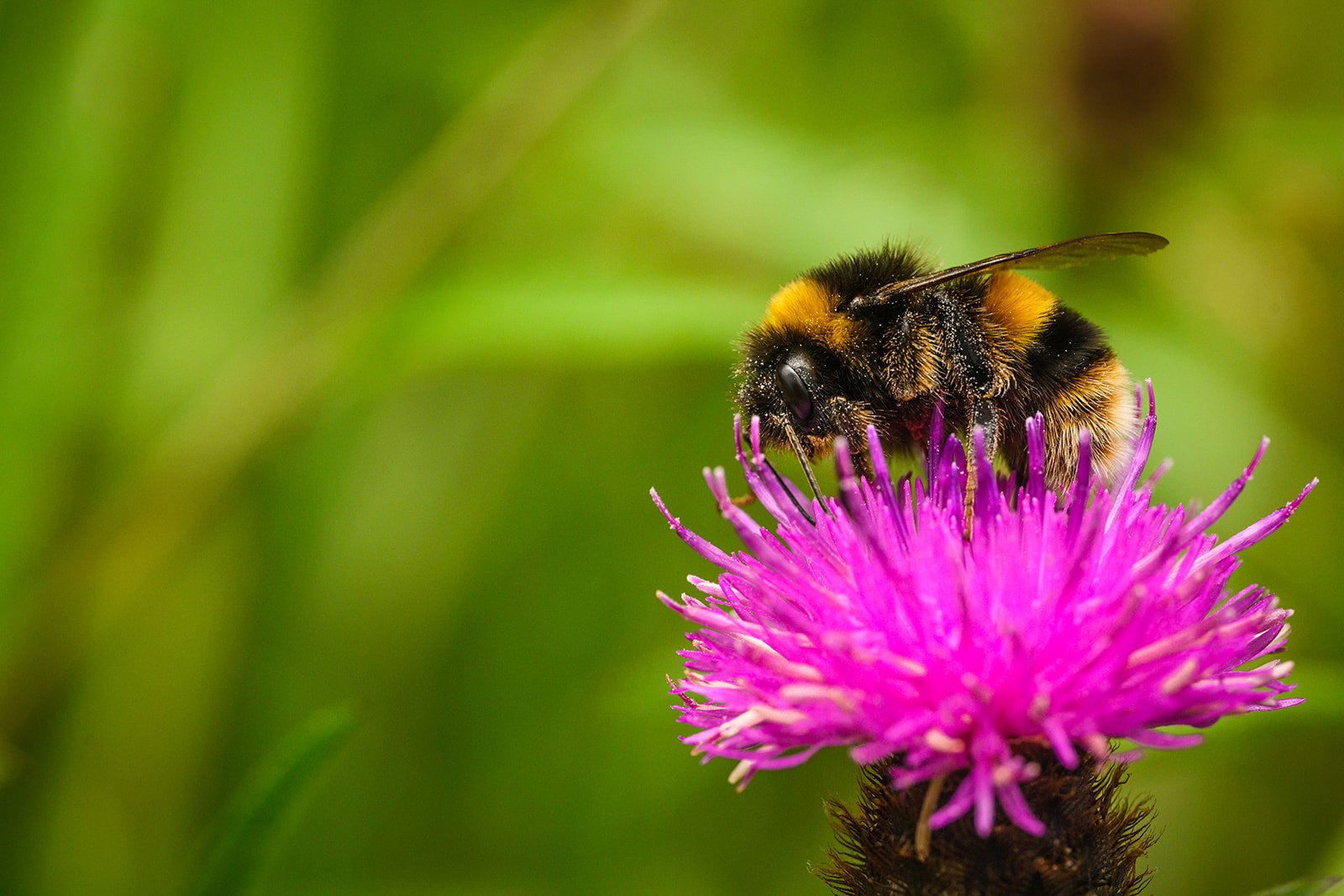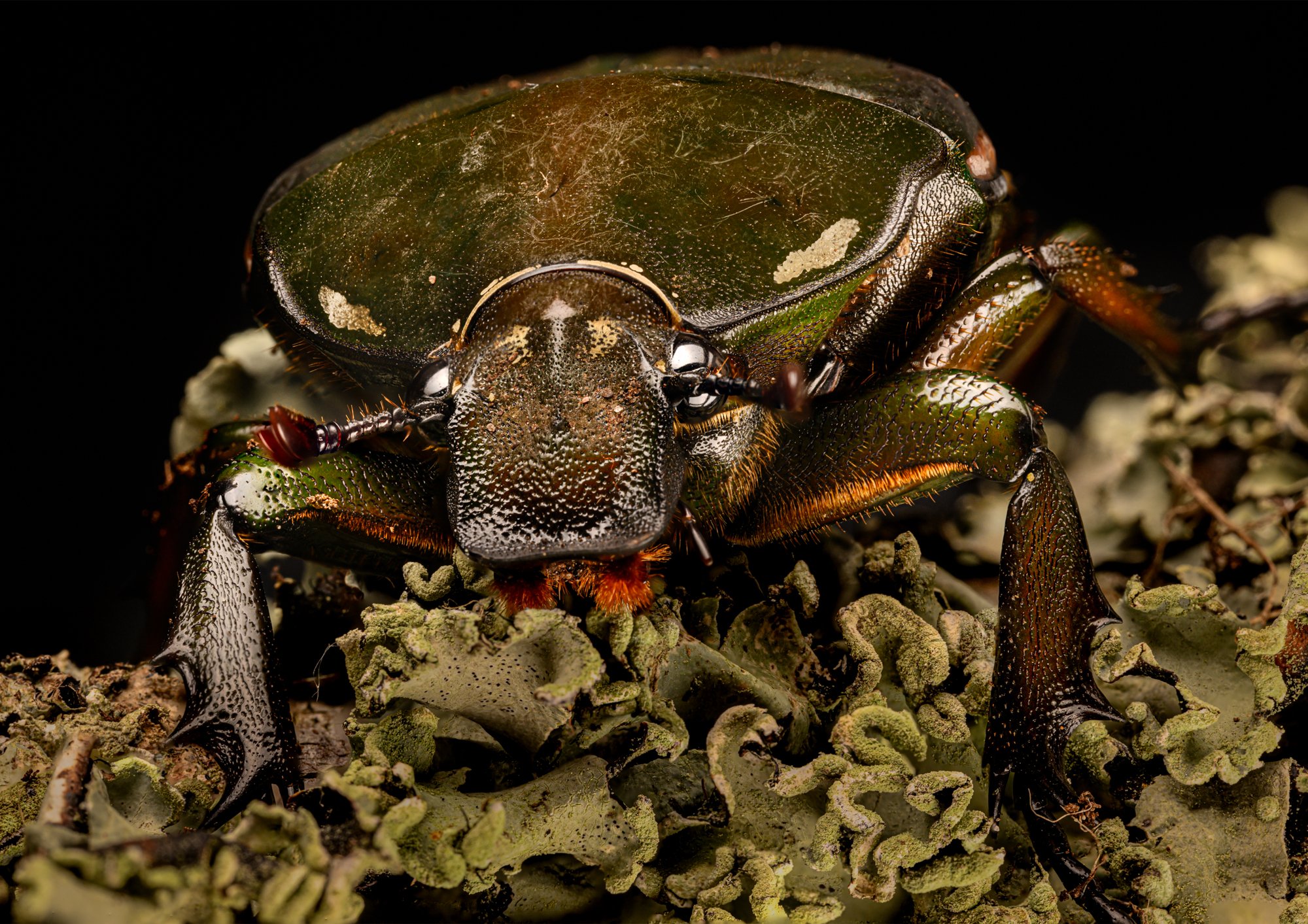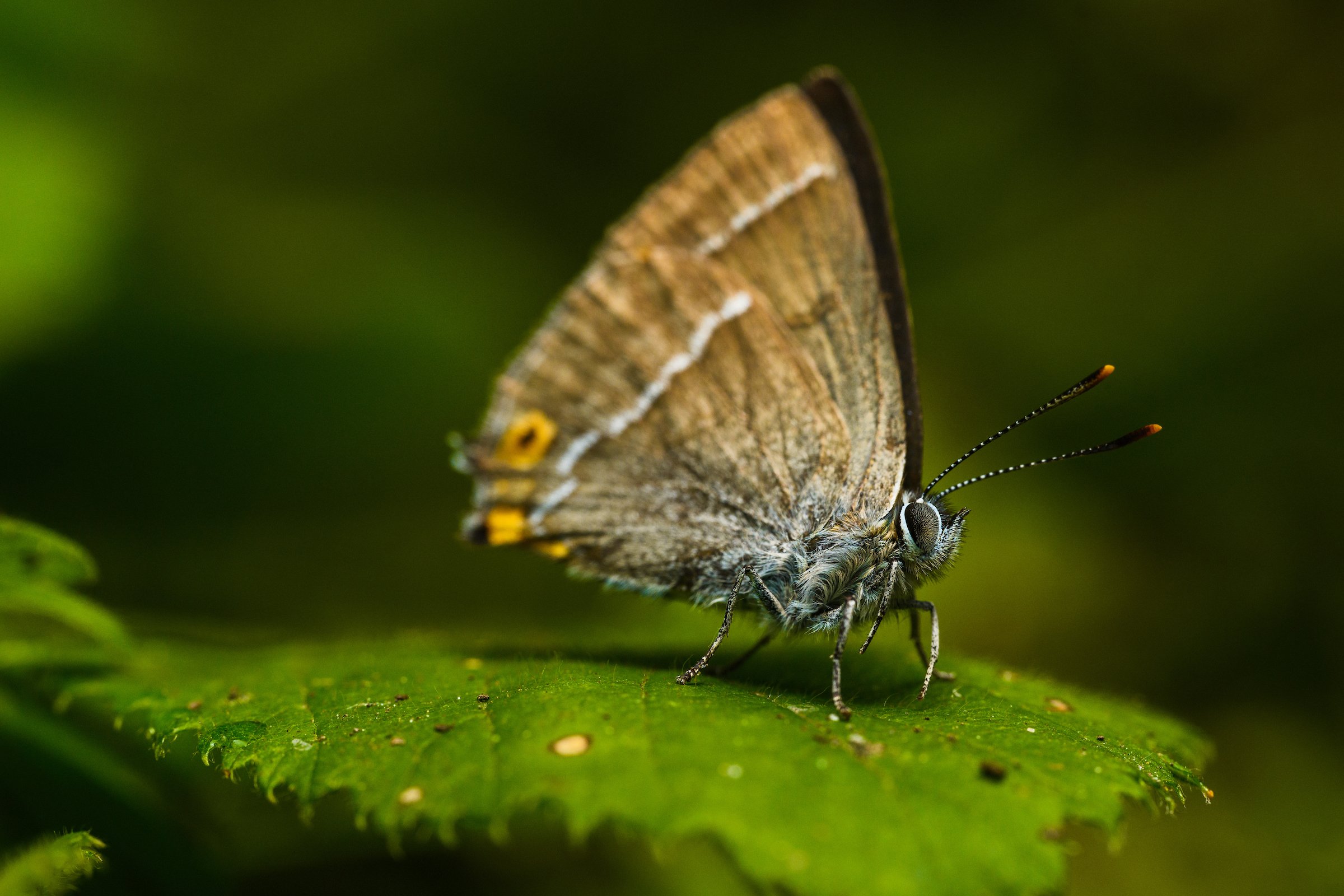Using Ai to fight Invasive Species
The Yellow Legged Asian hornet (Vespa velutina) is a highly predative, non-native species of hornet that hails from East Asia. It has spread rapidly throughout Europe after being inadvertently introduced in 2004.
We've partnered with Capgemini's Applied Innovation Exchange (AIE) in London to develop a companion smartphone app featuring AI-powered AH identification.
Pollenize Introduces the Nest Sweeper: A Game-Changer in Asian Hornet Detection
The fight against invasive Asian Hornets (AH) just got a powerful boost! Pollenize is thrilled to introduce the Nest Sweeper, a revolutionary device and app combo that takes AH monitoring to a whole new level.
Chaddlewood Bioboost Project: A Blooming Success Story for Plymouth!
The Chaddlewood Bioboost Project is a collaborative effort which aims to transform the Chaddlewood area into a haven for nature and a place where the community can connect with the wonders of the environment.
Pollenize in Action: A Look at Our Diverse Pollinator Conservation Efforts
We know it can be hard to keep up with us busy bees when it comes to our diverse range of approaches to conservation. This blog post summarises what we do!
Pollenize and MVV: Sustainability and Community Engagement
In the heart of Plymouth, MVV Environment Devonport operates a cutting-edge energy from waste plant that has been making strides in sustainability. Over the past couple of years, Pollenize has proudly partnered with MVV.
Reflecting on a Year of Collaboration: Pollenize's Partnership with City College Plymouth
College bees, wildflower meadows, biodiversity surveys and a commitment to becoming a pesticide-free campus! Find out about Pollenize’s partnership with City College Plymouth.
Pesticide-Free, Nature-Friendly Gardening: A Simple Guide
From ‘weed’ management to natural pest deterrents, check out these essential techniques for a pesticide-free, nature-friendly garden
Guest blog: Nectar Thieves in My Garden
In her new garden, long-term Pollenize patron Ruby Barter stumbled upon an intriguing phenomenon taking place right before her eyes - Nectar Robbing. Join Ruby as she deciphers this captivating world of of nectar theft
Pollenize Overview of Biodiversity Net Gain
Biodiversity Net Gain (BNG) is a scheme being introduced by the UK government from November 2023 to enhance nature's recovery during land development. Our Co-founder Owen Finnie has been working closely with research intern, Sophie Holmes, to create a comprehensive BNG overview as understood by Pollenize
Wildflowers Not Weeds!
As part of our #pesticidefreeplymouth campaign, we’re trying to showcase the real value of plants that many people consider to be ‘weeds’. By spraying toxic chemicals like Glyphosate we are not only contaminating our urban environment but also removing vital food sources for a wide range of pollinating insects.
The History of Pesticide Use in the UK: A Pollenize Perspective
Pesticides, substances designed to kill, repel, and control "pests" and "weeds," have unfortunately caused significant harm to the environment, wildlife, and human health. So, let's delve into the history of these controversial chemicals in the United Kingdom…
What is Urban Beekeeping?
At Pollenize, we’re passionate about natural beekeeping and its transformative impact in urban settings. Urban beekeeping is the practice of maintaining bees within city environments, enabling us to return to a less industrialised method of honey production by nurturing small-scale colonies that pollinate urban gardens and green spaces.
The End of Insects (?)
Recent studies from around the globe have indicated a drastic decline in pollinator and insect abundance, diversity, distribution and biomass. In some studies, the decline is as much as 70%, a staggering loss for our planet and economies.
What are Pollinators and why do they matter?
Insects are the most numerous and important pollinators on Earth. Thousands of plants rely on them to survive, and they are a food source for many animals.
BUT….these insects are in real trouble; insects have declined by a staggering 70% in only 30 years. This statistic is deeply concerning as it points to an imminent ecological catastrophe.
Meet Shelley…she’s a keeper!
After an inspiring start to her Beekeeping career Shelley joined us in 2022 to manage our 16 honey bee colonies across Plymouth. We catch up following a successful, busy season!
Job Opportunity: Time To Shine
If the application is successful Pollenize would be able to offer a fully funded 12-month full-time position that pays the real living wage!
Who’s been painting our hives at Marjons?
Plymouth artist William Luz has transformed a Pollenize Native Honey Bee Hive situated in the campus allotment at Marjon University
Scillonian Bee Project
The Pollenize team spent 4 days on the beautiful Isles of Scilly completing the latest instalment of research beehives at Salakee Farm on St Marys Island.
The Pollenize Intern Ecologist Q&A
Q & A with Will Bayfield-Farrell. Will joined us in February 2022 as an Intern Ecologist to support our biodiversity research projects.
The Economic and Environmental Role of Honey Bees: A Historical Exploration
Melita Hoskin, guest blogger and volunteer researcher for Pollenize, delves into the historical journey of honey bees to the Americas and their role in the modern day climate crisis





















